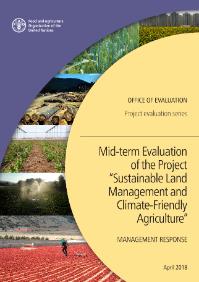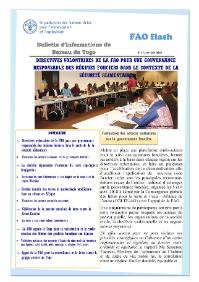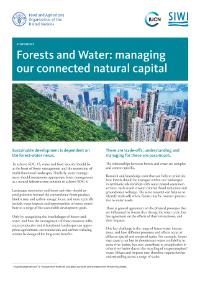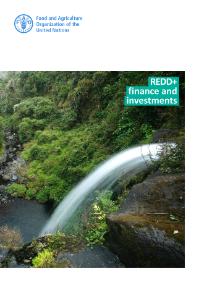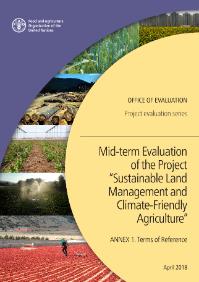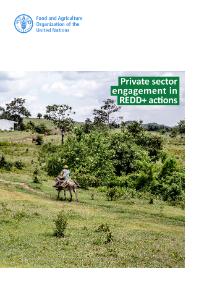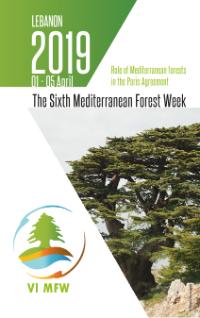Mid-term Evaluation of the Project “Sustainable Land Management and Climate-Friendly Agriculture” - Management Response
The “Sustainable Land Management and Climate-Friendly Agriculture” Project was implemented in Turkey to improve the sustainability of agricultural and forest land use in the area by rehabilitating degraded forests and rangelands, promoting climate-smart agriculture and establishing a favourable enabling environment. The project was designed to develop the necessary strategies, plans, tools and mechanisms that will aid stakeholders in sustainably managing forest and land resources.

